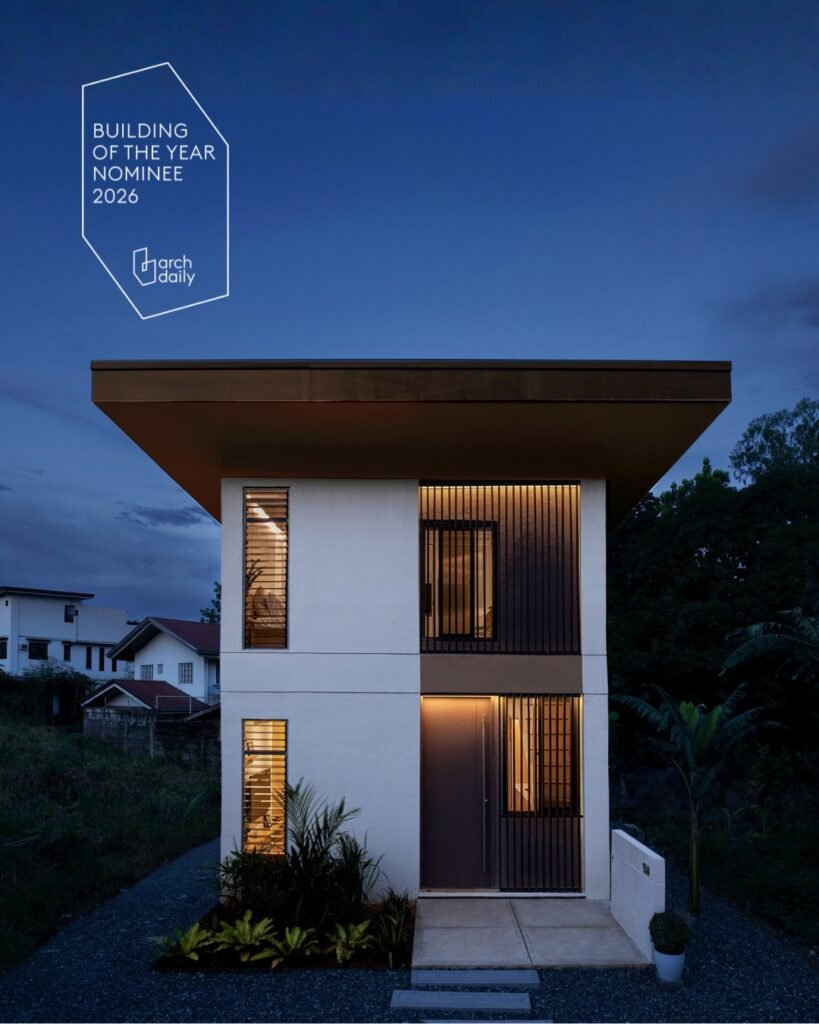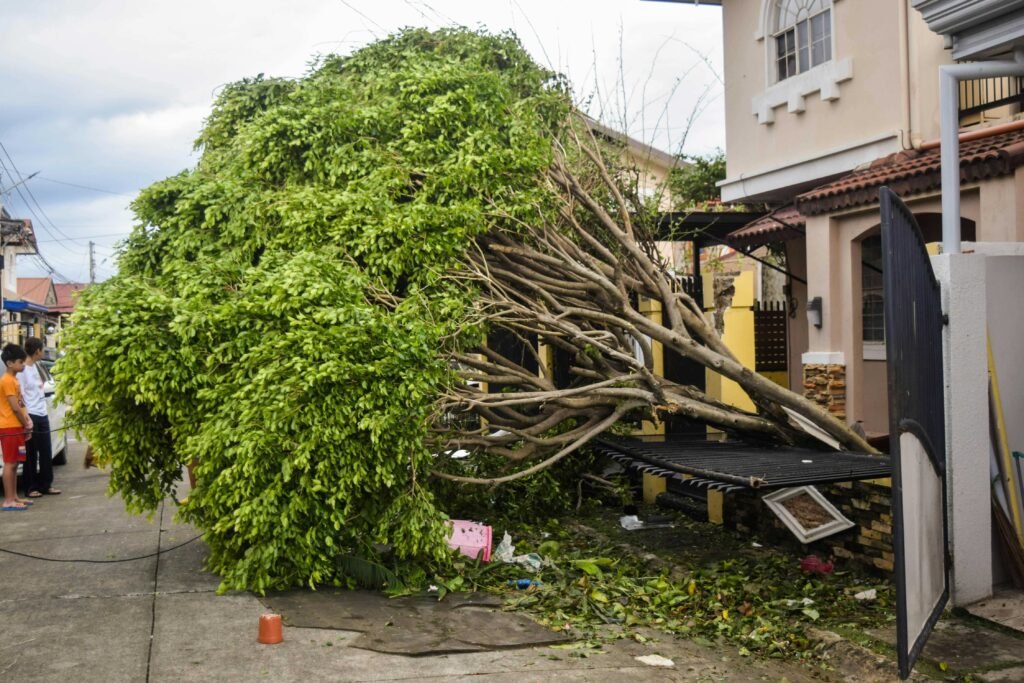In 2023, the world is facing an unprecedented challenge – the urgent need to combat global climate change and transition to a sustainable future. As discussions around renewable energy sources and sustainable architecture continue to gain momentum, one question that has resurfaced for those living in the Philippines is whether it is worth reopening the Bataan Nuclear Power Plant.
Once hailed as a potential energy solution for the country, the plant was set to be South East Asia’s first nuclear power plant with its completion in 1986. It has remained dormant for decades and has never been operational. In this article, we will explore the potential benefits, risks, and concerns associated with opening the Philippines’ Bataan Nuclear Power Plant in 2023. We will also examine alternative energy options and provide insights into the future of the plant.
Assessing the Potential Benefits of Opening the Bataan Nuclear Power Plant
Nuclear energy is often touted as a clean and sustainable energy source that emits no greenhouse gasses. With the increasing threat of climate change, nuclear power can contribute to reducing carbon emissions, which is crucial in achieving global sustainability goals. The reopening of the Bataan Nuclear Power Plant could provide a significant boost to the country’s efforts towards a more sustainable future.
One of the key benefits of nuclear power plants is their ability to provide reliable and continuous energy. Unlike renewable energy sources like solar and wind, nuclear power is not dependent on weather conditions, making it a stable and consistent energy source. The reopening of the Bataan Nuclear Power Plant could enhance the country’s energy security and reduce dependence on imported fossil fuels.
Weighing the Risks and Concerns Associated with the Bataan Nuclear Power Plant
While nuclear power offers potential benefits, safety concerns cannot be overlooked. The Fukushima and Chernobyl disasters serve as reminders of the catastrophic consequences that can occur if proper safety measures are not in place. It is imperative that the Bataan Nuclear Power Plant meets the highest safety standards and undergoes rigorous inspections to ensure the protection of nearby communities and the environment.
Another concern associated with nuclear power is the management and disposal of radioactive waste. The long-term storage and disposal of nuclear waste pose significant challenges, as it remains hazardous for thousands of years. Plans must be in place to address this issue responsibly and ensure the protection of future generations.
Alternative Energy Options: Examining Viable Alternatives to the Bataan Nuclear Power Plant
In recent years, renewable energy sources such as solar and wind have gained traction as viable alternatives to traditional power plants. These sources produce clean energy without emitting greenhouse gasses and have the advantage of being abundant and accessible. Investing in renewable energy infrastructure could provide a sustainable energy solution for the country, reducing reliance on nuclear power.
In addition to exploring alternative energy options, focusing on sustainable architecture and adopting a net-zero lifestyle can contribute to a greener and more sustainable future. Implementing energy-efficient building designs, utilizing passive cooling and heating systems, and promoting the use of renewable materials can significantly reduce energy consumption and carbon emissions.
The Future of the Bataan Nuclear Power Plant
The decision to reopen the Bataan Nuclear Power Plant should involve extensive public engagement and stakeholder involvement. It is crucial to gather input from experts, local Filipino communities, environmental organizations, and government bodies to ensure a comprehensive understanding of the potential impacts and benefits.
To move forward, a comprehensive risk assessment should be conducted, evaluating the safety, environmental, and socio-economic risks associated with reopening the Bataan Nuclear Power Plant. Based on the findings, mitigation strategies should be formulated and implemented to address any identified risks effectively.
This is Going to Be a Long Discussion
Reopening the Bataan Nuclear Power Plant in 2023 has potential benefits and risks. While it can provide reliable, carbon-free energy, safety concerns and waste management challenges must be addressed.
As a non-expert individual who has conducted thorough research, I firmly oppose the reopening of the Bataan Nuclear Power Plant, as it poses a significant threat to the surrounding ecosystems. I believe that exploring alternative energy options and sustainable architecture practices is more effective in achieving a net-zero future. If the plant is reopened, it is essential to conduct comprehensive risk assessments and involve stakeholders in decision-making to ensure a balanced approach to this complex issue.
If you have a project in mind, we would love to hear about it and explore ways to work together. For further information, get in touch with us at https://billionbricks.org/contact-us-ph.
References:
-
CNN Philippines. PH Nuclear Research Institute: Bataan nuclear plant can be operated in 4-5 years if approved. Retrieved from https://www.cnnphilippines.com/news/2022/8/10/Bataan-Nuclear-Power-Plant-can-be-operated-in-4-5-years-if-approved.html.
-
Yim Man-sung. Addressing Key Challenges in Nuclear Waste Management. Retrieved from https://link.springer.com/chapter/10.1007/978-94-024-2106-4_17.
-
United Nations. Nuclear Energy for Sustainable Development. Retrieved from https://www.iaea.org/sites/default/files/np-sustainable-development.pdf.
-
BBC World. Philippines: The 70s nuclear relic that may open at last. Retrieved from https://www.bbc.com/news/world-asia-64634816




